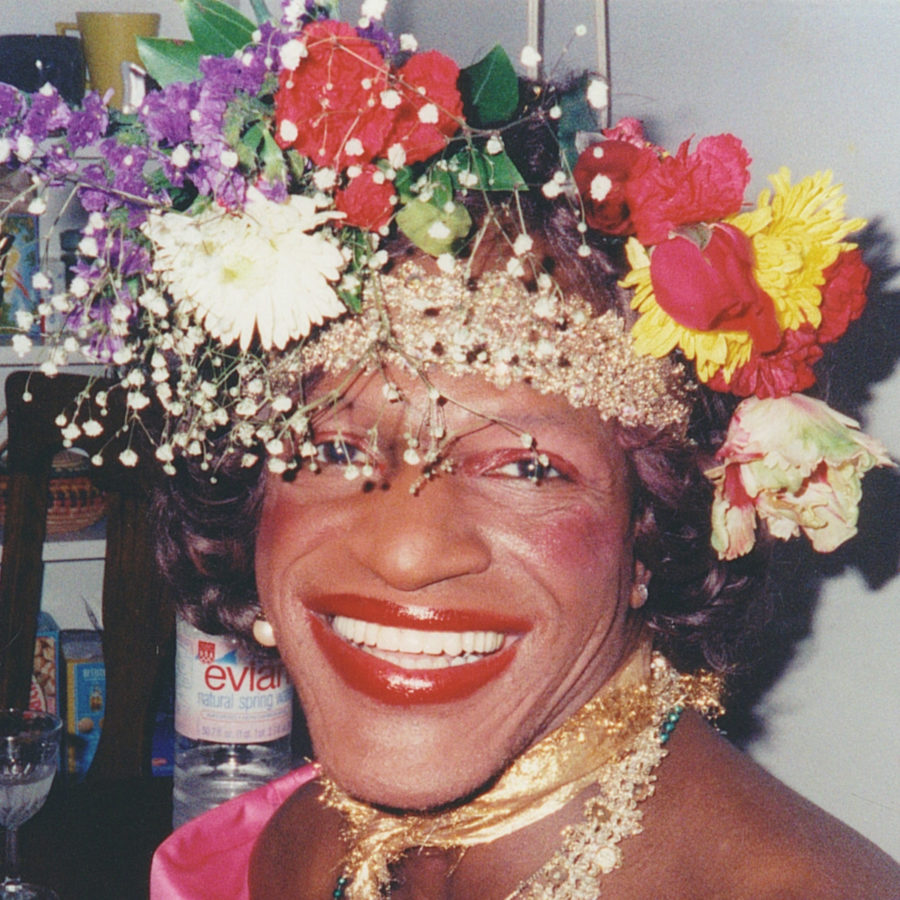Women’s History Month: Marsha P. Johnson
March 24, 2022
In women’s history month, we celebrate the extraordinary contributions to society made by stellar and outstanding women of all races, identities, and sexualities. However, transgender women and women of color are continuously left out of women’s history; their contributions and motivation being washed away, ultimately forgotten. With this in mind, it is essential to praise the women who have broken significant barriers for women’s rights, including the remarkable Marsha P. Johnson.
Marsha P. Johnson was an outspoken, black, transgender woman that advocated for gay rights and played a leading role in the gay liberation. Born on August 24, 1945, the self-proclaimed drag queen became a prominent figure in the LGBTQ+ community, with her unapologetic kindness towards helping homeless people and struggling LBTQ+ youth in New York City. Johnson came from a difficult background in which she turned to prostitution as a means of survival, putting her life at risk. In addition, she was arrested over 100 times, and never had a permanent home to rest her head or food to eat. Despite all these challenges, Johnson gave as much as she could to others, even though she had little to offer and battled several mental health issues. This allowed her to promote continuous generosity and compassion.
During the 1950’s and 60’s, being gay was deemed as a mental illness in the United States, with laws being enacted to forcibly limit LBGTQ+ individual’s rights. With the growing community of LGBTQ+ youth, Johnson eventually combatted these beliefs through her lavish outfits and unique designs, stating that the “P” in her name stands for “Pay it No Mind.” Marsha P. Johnson’s platform in the pride movement changed on June 28,1969, when the NYPD (New York City Police Department) raided the Stonewall Inn, forcing 200 individuals out of the bar inflicting violence. This paved the way for the gay liberation and Stonewall uprising, with Johnson being one of the leading figures standing up to the police in the riots. She participated in sit-ins, rallies, meetings, and protests to demand rights and equality for gay people. She stated, ”Darling, I want my gay rights now. I think it’s about time the gay brothers and sisters got their rights…especially the women.” Contrary to all of her significant strives, Johnson felt that the movement did not extend towards the transgender youth. Not to mention that it was dominated by white gay men and lesbians. Johnson worked with famous transgender activist Sylvia Rivera to form the Street Transvestite Activist Revolutionaries (STAR), which was designed to create a place for transgender youth to feel safe, accepted, and united in order to fight for their rights. STAR impacted many, and showed that transgender and gender non-conforming people also belonged in the movement, and deserved their rightful liberties.
On July 6, 1992, Johnson’s body was found floating in the Hudson River. Although it being ruled a suicide, many believe she was a victim of an attack due to transgender women of color being regular targets of hate crimes. In 2012, the NYPD decided to re-open her case, with it still being unsolved to this day.
Marsha P. Johnson broke many thick walls as a transgender black woman; she paved the way to fight for LGBTQ+ equality worldwide, and shone light on the importance of including POC transgender individuals in the pride movement. She inspires all women today to never give up, and to continuously hold their crowns high despite facing riveting obstacles.
